Insulated Durasteel Barrier

Hover over the points for details
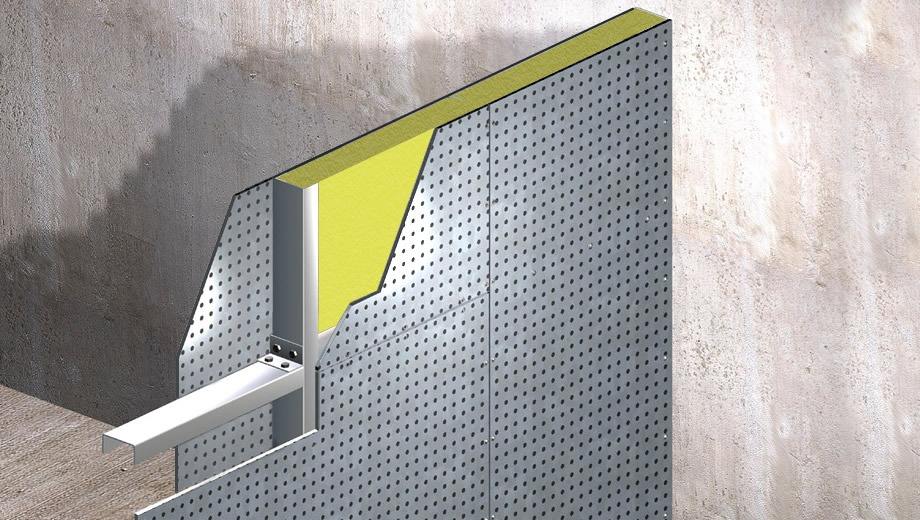
-

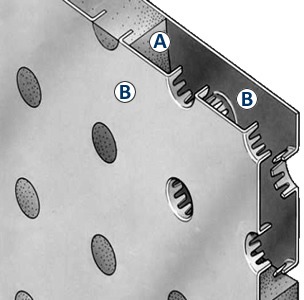
Durasteel Panel
Single layer of 9.5mm thick Durasteel 4 hour composite panel fixed on one side of the channel with M5.5 steel self drill and tap Tek screws at 250mm nominal centres
-

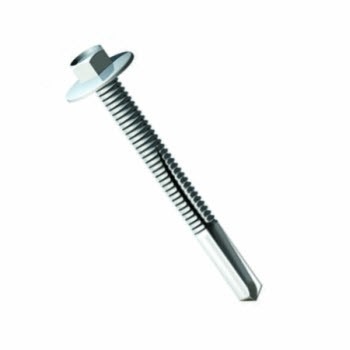
M5.5 Tek Screw Fixings
Typically 38mm long 5.5mm self drill and tap Tek screws
-

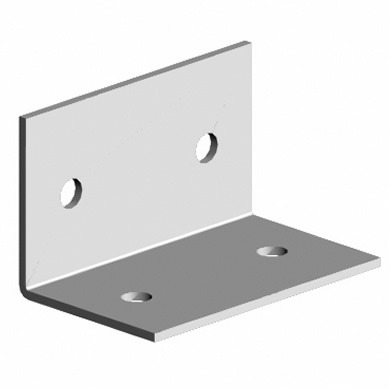
Angle Cleat
Typically 60mm x 60mm x 3mm or 120mm x 60mm x 3mm x 60mm long, fastened to each channel member with two M10 x 25mm steel bolts, nuts and washers
-

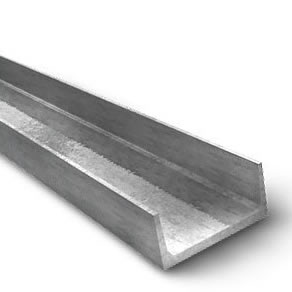
Steel Framework
Typically 80mm x 60mm x 3mm or 150mm x 60mm x 3mm Cold Rolled Channel framework, with vertical channels set at a maximum 1200mm centres
-

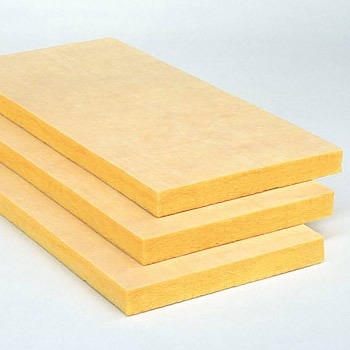
Mineral Wool Insulation
Varies from 80mm to 150mm thick and 60kg/m³ to 140kg³ density depending on thermal insulation performance required

Durasteel Panel
Single layer of 9.5mm thick Durasteel 4 hour composite panel fixed on one side of the channel with M5.5 steel self drill and tap Tek screws at 250mm nominal centres

M5.5 Tek Screw Fixings
Typically 38mm long 5.5mm self drill and tap Tek screws

Angle Cleat
Typically 60mm x 60mm x 3mm or 120mm x 60mm x 3mm x 60mm long, fastened to each channel member with two M10 x 25mm steel bolts, nuts and washers

Steel Framework
Typically 80mm x 60mm x 3mm or 150mm x 60mm x 3mm Cold Rolled Channel framework, with vertical channels set at a maximum 1200mm centres

Mineral Wool Insulation
Varies from 80mm to 150mm thick and 60kg/m³ to 140kg³ density depending on thermal insulation performance required
Insulated Durasteel Barrier
Fire Resistance: 240 minutes (integrity and insulation)
Durasteel insulated fire barriers are used in constructions where high insulation as well as stability is required during a fire, and are designed to prevent the passage of heat from a fully developed fire on the exposed face.
Our insulated fire barriers can be designed to provide anywhere from 60 minutes (1 hour) thermal insulation up to 240 minutes (4 hours), with a maximum permitted temperature rise allowable on the surface of the unexposed face of 140°C as a mean temperature over the entire surface, or a maximum temperature rise of 180°C at any single point on the surface.
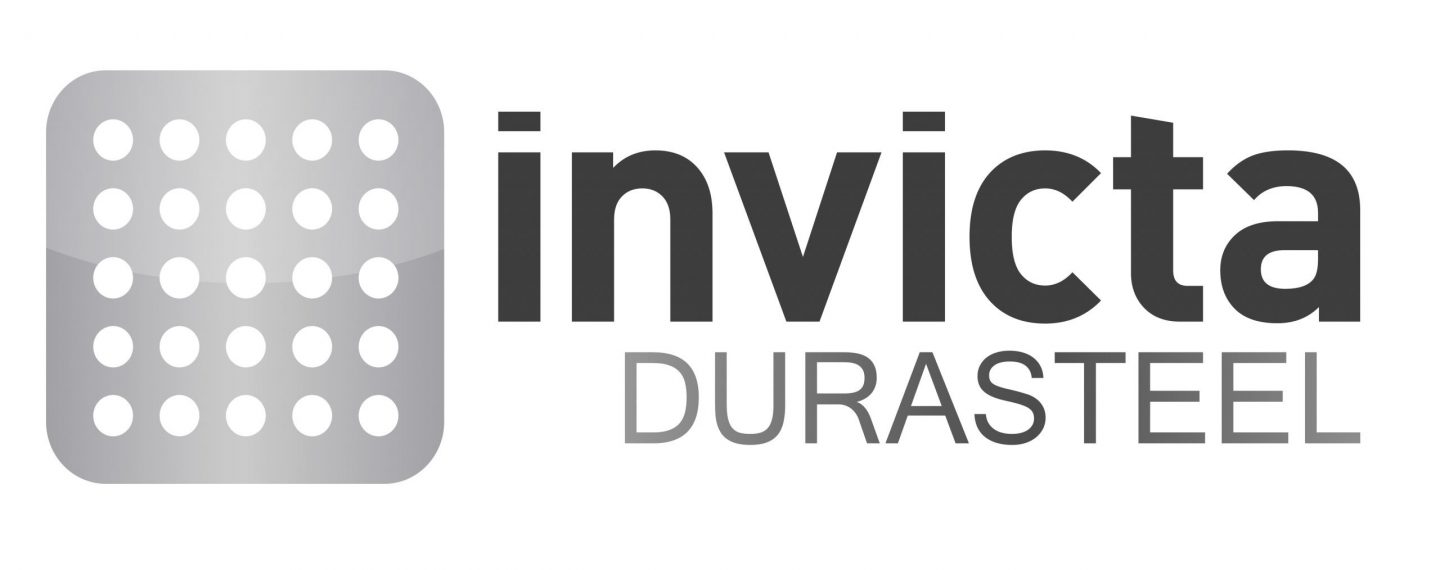

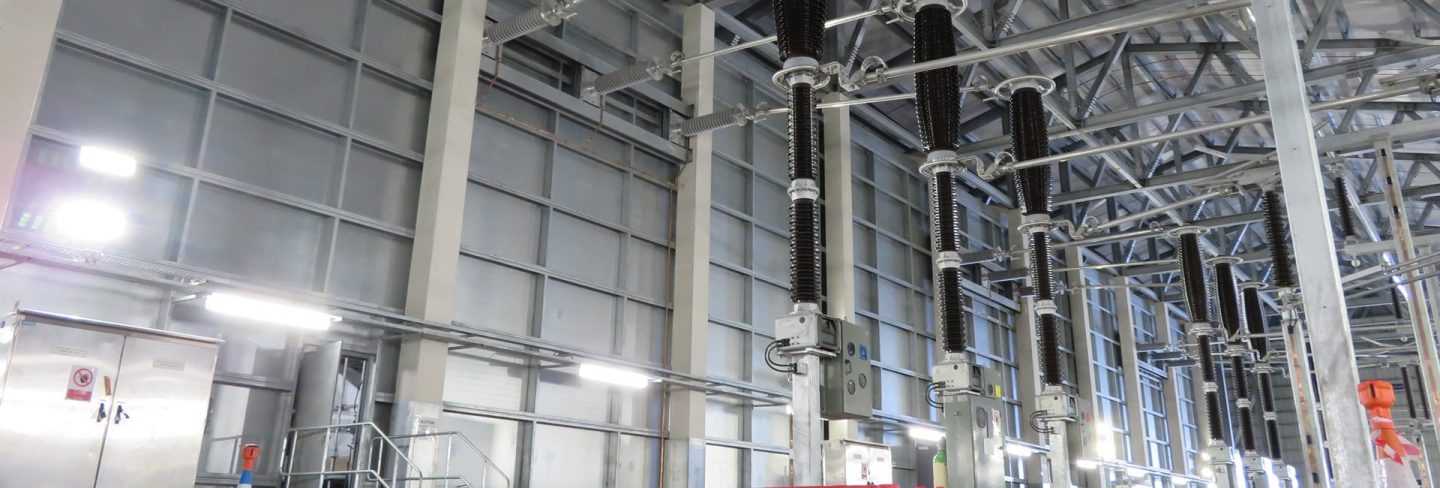
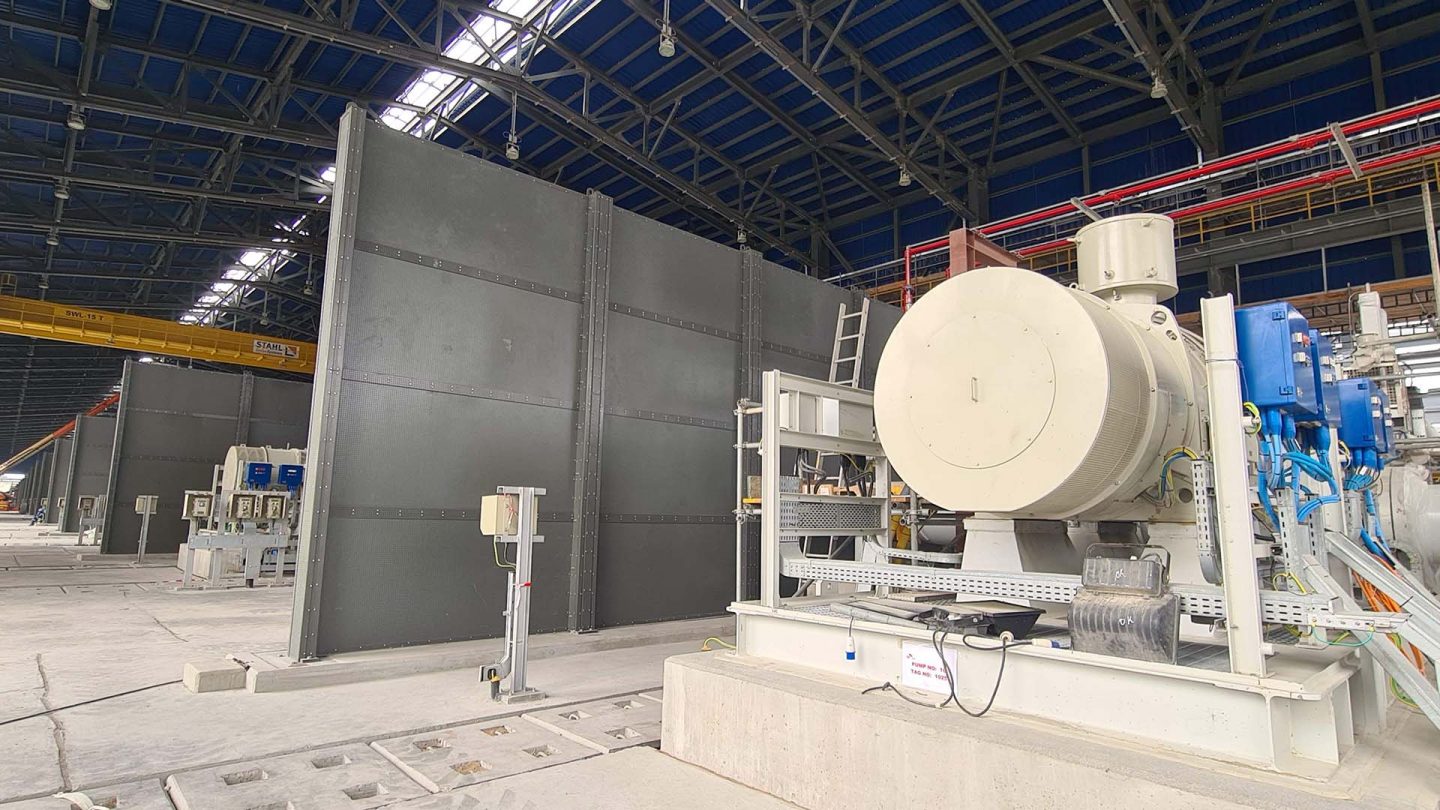

















Share/Like this page